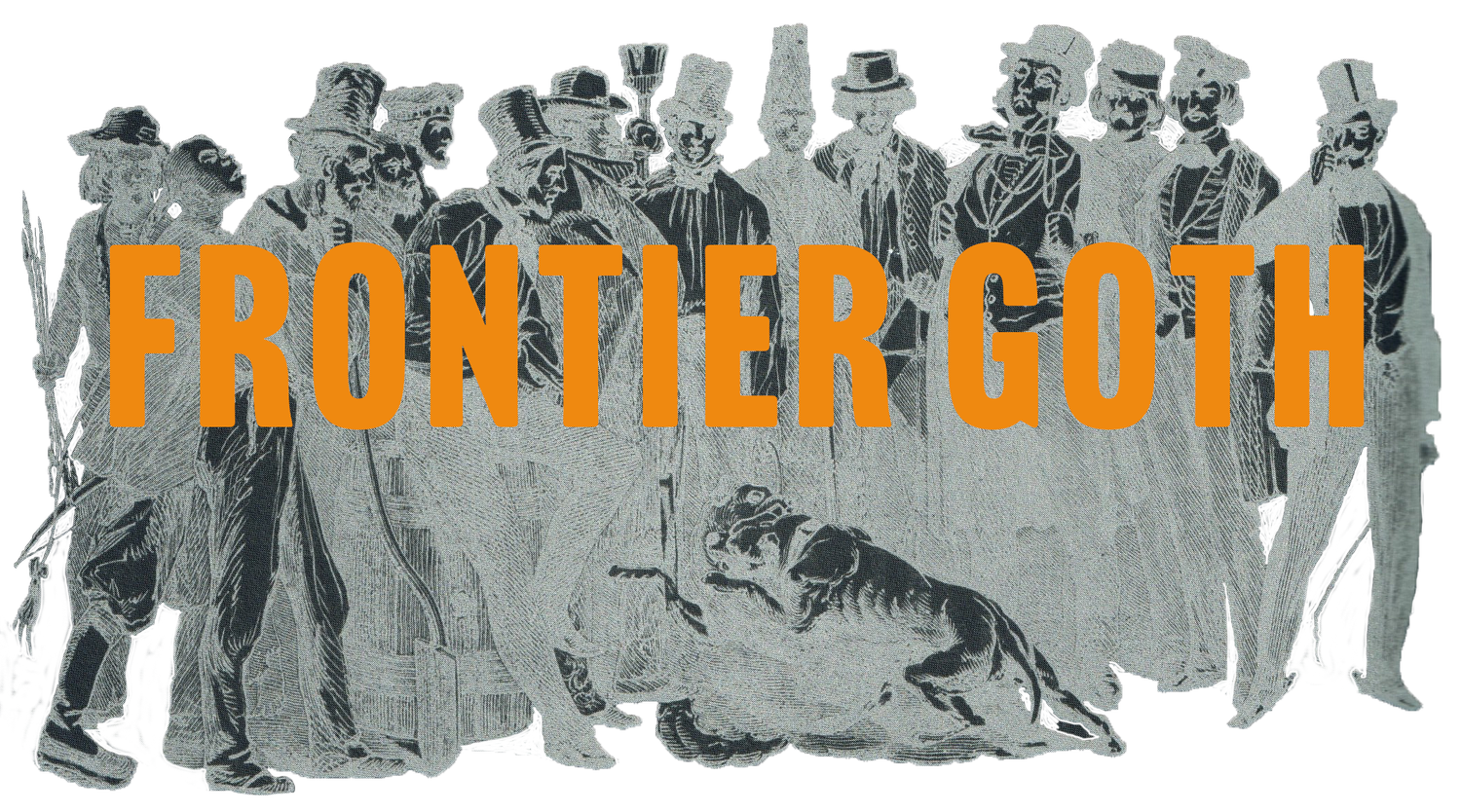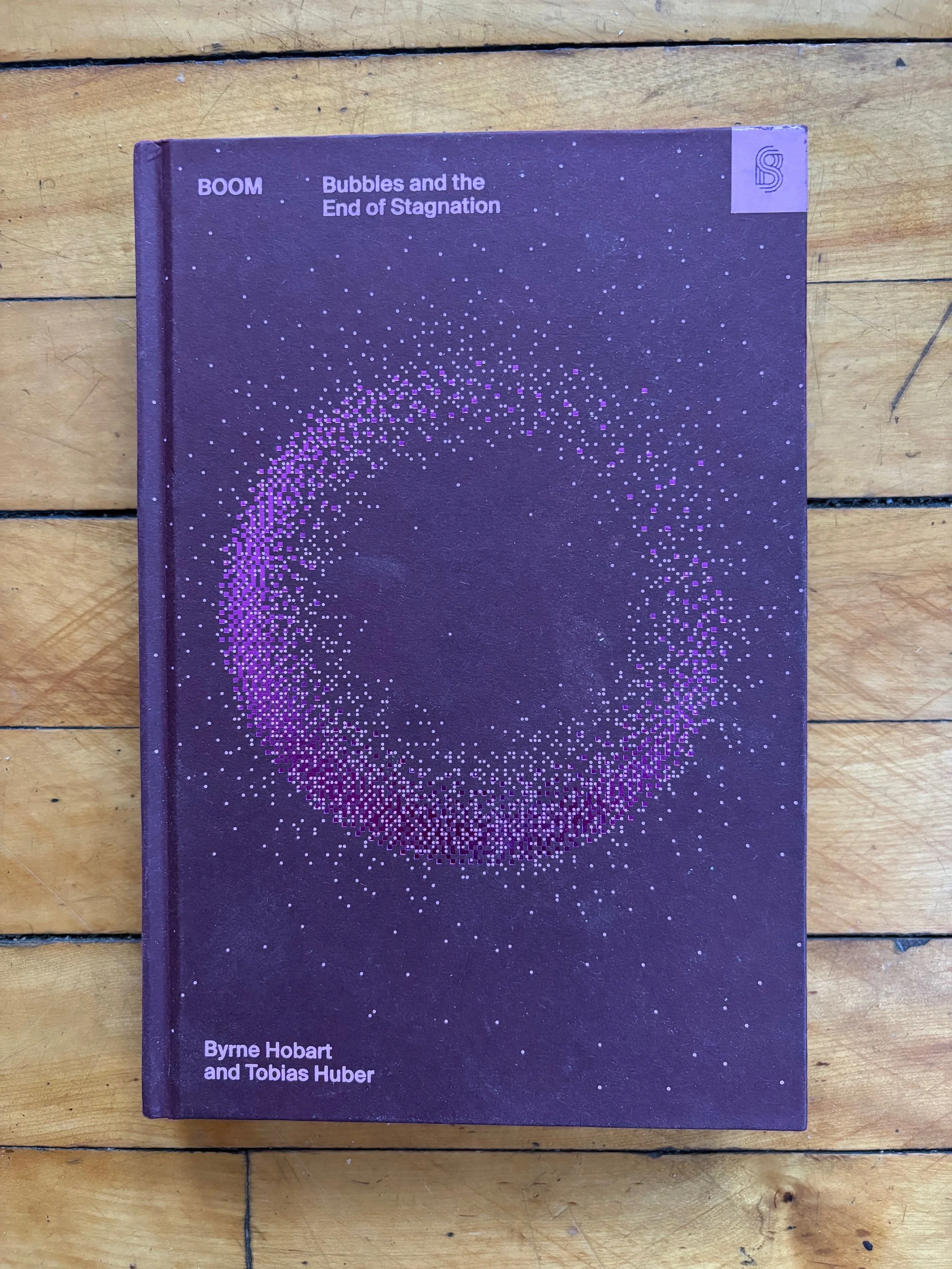Boom: Bubbles and the End of Stagnation by Byrne Hobart and Tobias Huber
“Likewise, the ‘tyranny of the others,’ which Heidegger identified a century ago, is today intensified, amplified, and reinforced by algorithms. Contrary to early techno-utopian visions and cypherpunk ideals, the internet, under the rule of an oligarchy of monopolistic tech firms, has become a conformity-generating machine of control. Attention, one of today’s scarcest resources, gets routed toward likes, comments, and shares to create a constant stream of dopamine-triggering stimulation that translates into quantifiable ‘engagement.’ Beneath the surface of the slick user interfaces, the hard-coded flows of attention and information are controlled by the logic of preferential attachment. What already has a lot of likes will get even more, reinforcing the homogeneity of thought and content. As Guy Debord, who distilled the dynamics that governed cyberspace decades before it existed, wrote, ‘that which appears is good, that which is good appears.’”
&
”The mines of Czechoslovakia were famous within the physics community. They’d supplied the materials Marie and Pierre Curie used to discover radioactivity, and Robert Oppenheimer had visited them on a European tour. As the letter stated, Germany had stopped exporting uranium from its mines at Joachimsthal. Before it was a source of uranium, Joachimsthal-which was the mining center of 16th-century Europe—was the source of silver for so-called Joachimsthalers (or ‘thalers’), on which many medieval rulers of the time modeled their coins, and from which the US dollar ultimately derives its name. In other words, these mines provided, indirectly at least, the material for another powerful weapon: the mighty US dollar, which evolved from the medieval Western fiat-currency system.”
&
”The race to discover and exploit new sources of oil was perhaps the last gasp of the Victorian colonial adventure story. Small teams of geologists and exploreres trekked across desert wastelands, dense jungles, and other difficult terrain, cutting deals with tribal chiefs, kings, and tsars. One explorer in what is now Iran realized that the best places to look for oil were in locations where locals worshiped fire, as a spiritually significant eternal flame might indicate a geologically significant deposit of natural gas.”
-Byrne Hobart and Tobias Huber, 2024


